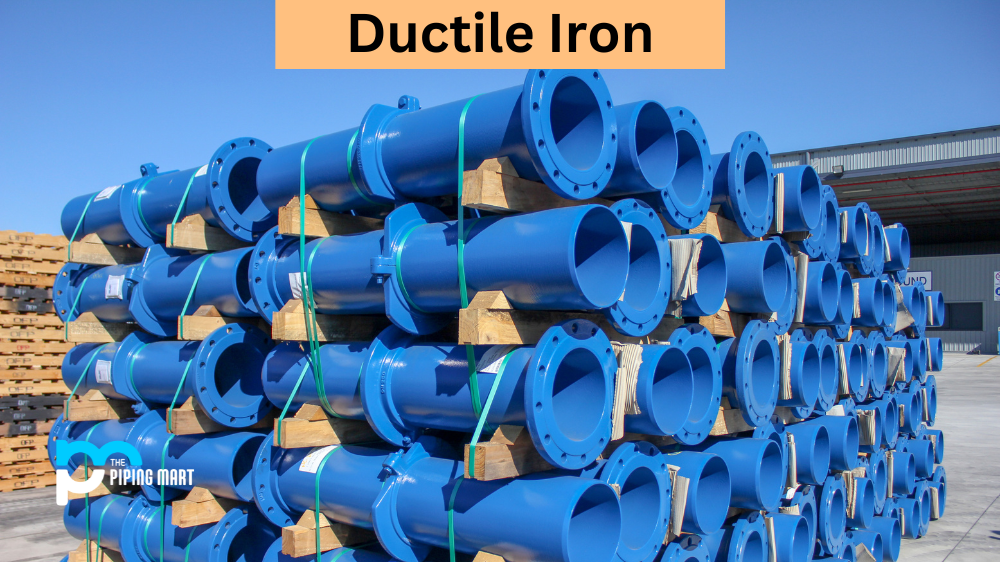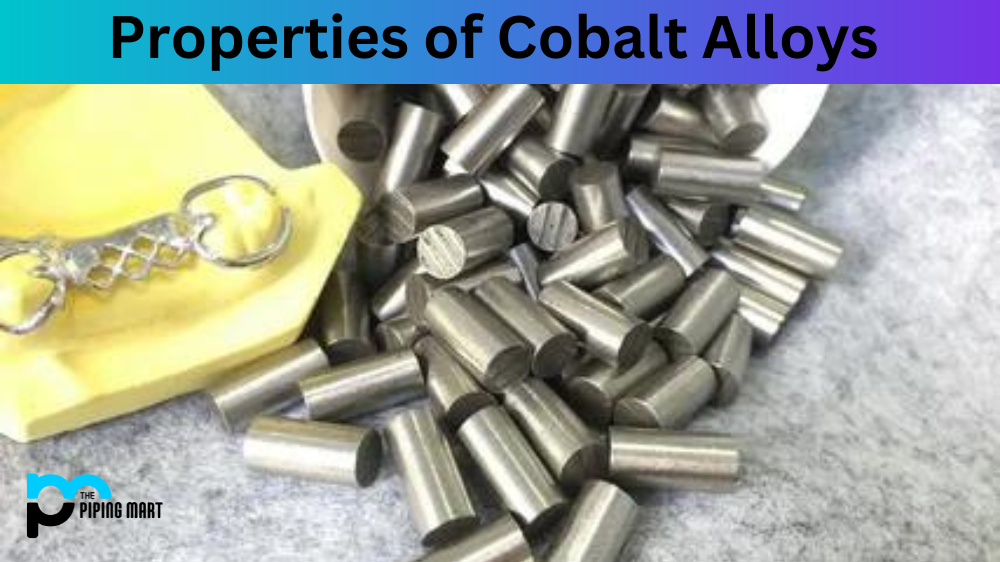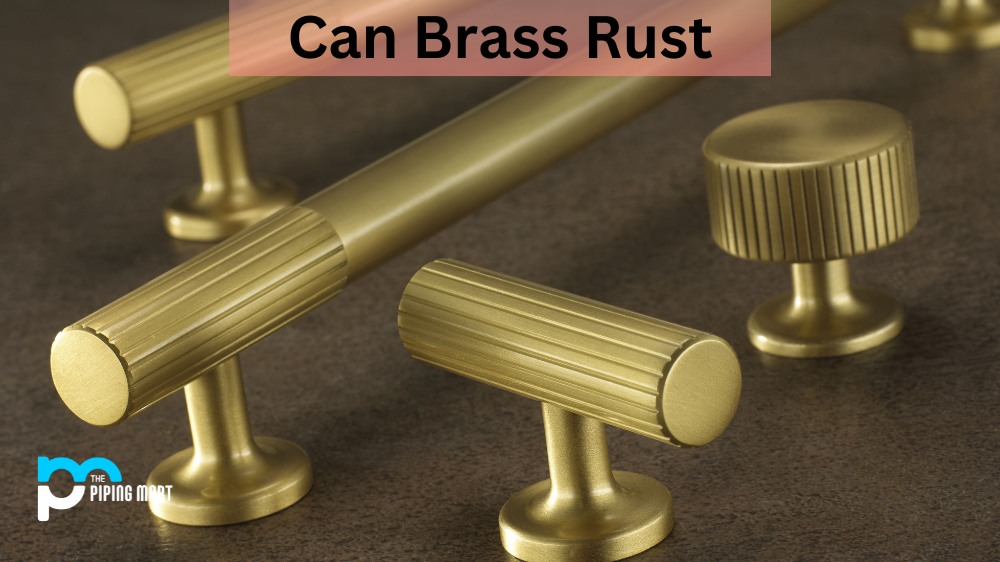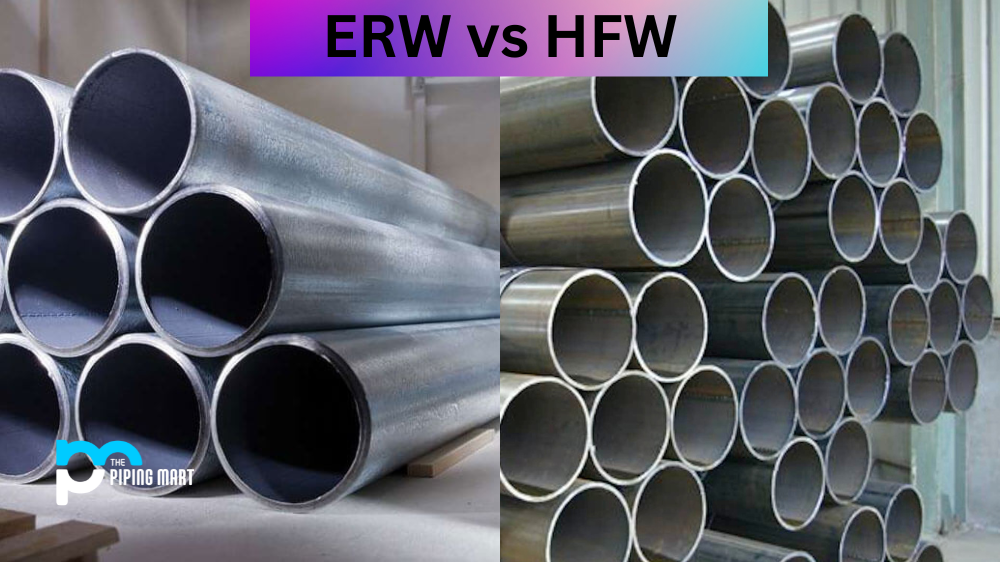Have you ever heard of ductile iron? Chances are, you have not. But it is a versatile material with a wide range of applications, and understanding what ductile iron is and its properties can help you to determine if it is the right material for your project. Let’s dive in and explore the wonders of ductile iron.
What is Ductile Iron?
Ductile iron, also known as nodular cast iron or spheroidal graphite iron, is an alloy made from melted pig iron. It contains higher amounts of carbon than grey cast iron but lower amounts than steel. It also contains magnesium which makes it more durable and able to withstand high levels of pressure without cracking or breaking. The result is a strong yet malleable metal that can be used in many different ways.
Ductile Iron Composition
Ductile iron is a type of cast iron with numerous advantages over traditional cast iron, due to its unique composition. Its significant benefits come from a combination of high tensile strength and ductility, which allows it to be used in numerous industries. Unlike regular cast iron, the structure of ductile iron forms nodules during solidification instead of flakes. This nodular structure is formed when graphite particles are evenly distributed throughout its metallic matrix. The addition of magnesium and other trace elements also create an austenite-cementite microstructure that helps equalize strength along the grain boundaries. As a result, this process gives ductile iron superior strength compared to other metals while still providing flexibility andductibility. Despite the higher costs associated with making ductile iron, its durability and mechanical properties make it worth considering for many applications.
Ductile Iron Physical Properties
The most important property of ductile iron is its strength. This type of metal has a tensile strength between 40,000 and 70,000 psi (pounds per square inch). This means that it can resist high levels of stress while still remaining pliable enough to be formed into complex shapes. Its durability makes it ideal for use in applications where long-term performance matters, such as underground water pipes and structural supports in buildings. In addition to its strength, ductile iron also has excellent corrosion resistance due to its alloy composition, which includes both chromium and nickel. This makes it perfect for use outdoors, where exposure to moisture may occur on a regular basis.
| Physical Properties | Ductile Iron |
| Density | 7100 Kg/m3 |
| Co-efficient of Thermal Expansion | 12.3X10-6 cm/cm/0C |
Ductile Iron Mechanical Properties
Ductile iron is a kind of cast iron that has been formulated to possess higher tensile strength and greater fracture toughness, making it an ideal material for a wide variety of applications. Ductile iron provides outstanding resistance to corrosion and wear due to its specific chemical composition; plus, it can be machined and welded, allowing it to be used in rigorous environments. Unlike many other metal alloys, ductile iron also offers high shock absorption capability, which allows it to withstand substantial amounts of impact. Not only is ductile iron versatile and strong, but it requires minimal maintenance; plus, its components generally have longer life cycles than that of other materials. Overall, ductile iron’s unique mechanical properties make it ideal for a range of industries, from automotive manufacturing to aviation and defence engineering.
| Mechanical properties | Ductile Iron |
| Tensile Strength | 414 MPa to 1380 MPa |
| Yield Strength | 275 MPa to 620 MPa |
| Young’s Modulus | 162-186 MPa |
| Poisson’s Ratio | 0.275 |
| Elongation | 18% to 35% |
| Brinell Hardness | 143-187 |
| Charpy unnotched impact strength | 81.5 -156 Joules |
Ductile Iron Uses
The strength and corrosion resistance make ductile iron ideal for many different uses, including automotive parts, pipe fittings, valves, pumps, gears, bearings, axles, machine tools, hinges and other hardware components. It can also be used in construction projects such as bridges or buildings due to its incredible strength and resilience against the elements such as wind or rain over time.
Furthermore, this type of metal can also be used in artistic or decorative pieces such as sculptures or outdoor furniture because it retains its shape even after being exposed to the elements for extended periods of time.
Conclusion
Ductile iron is an incredibly strong yet malleable material that has many uses in both industrial and artistic applications due to its impressive properties, such as durability against corrosion and high tensile strength that allows it to withstand extreme pressures without breaking or cracking under strain. We have just scratched the surface when discussing all the possibilities offered by this amazing material, so if you think ductile iron may fit your needs for any upcoming projects, don’t hesitate to reach out for more information!

Pipingmart is a B2B portal that specializes in metal, industrial and piping items. Additionally, we share the latest information and information about materials, products and various types of grades to assist businesses that are involved in this business.




